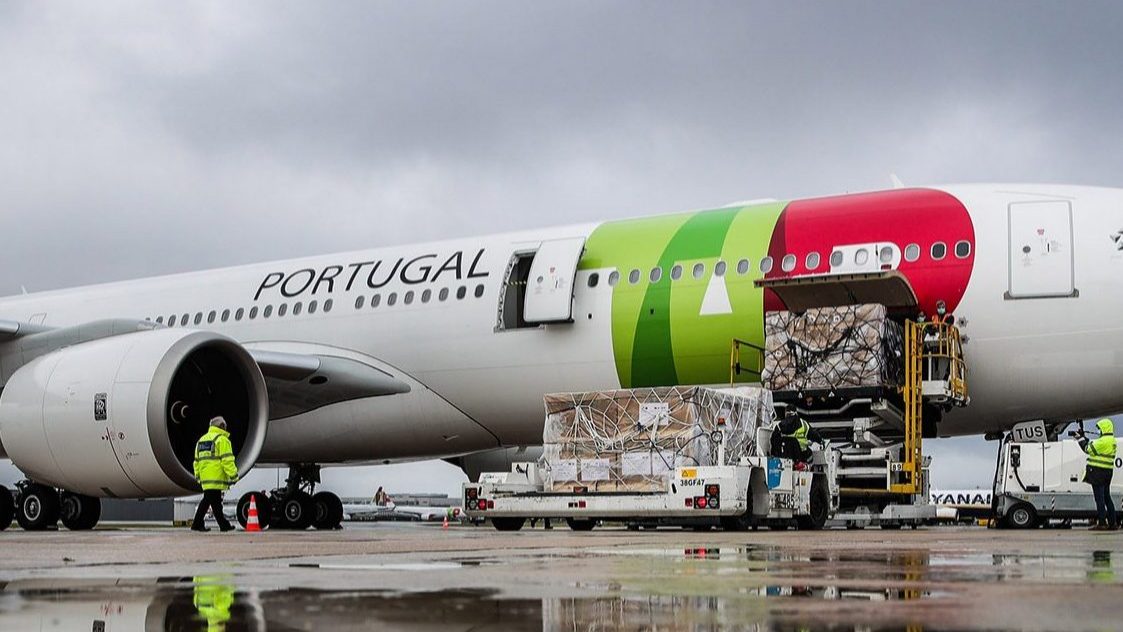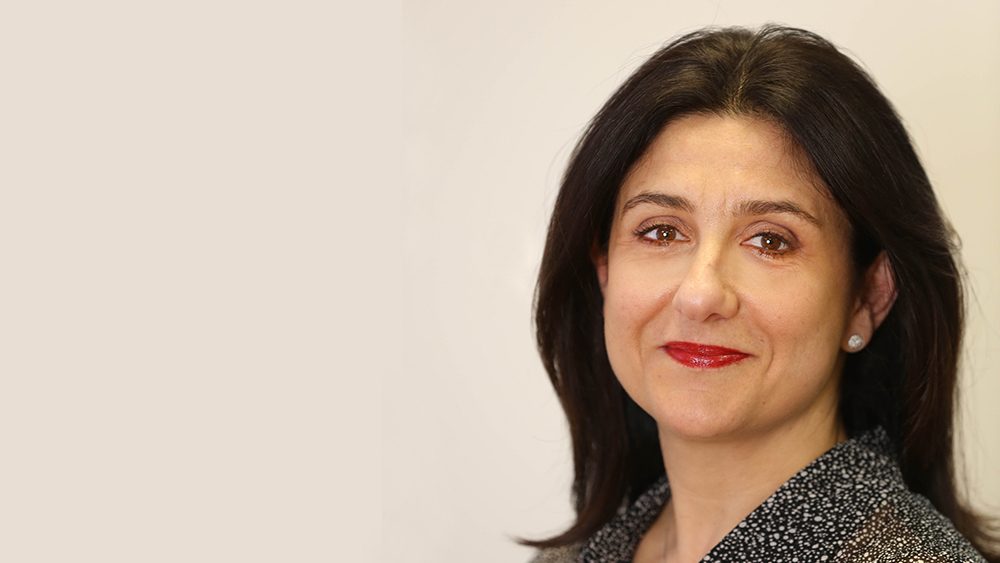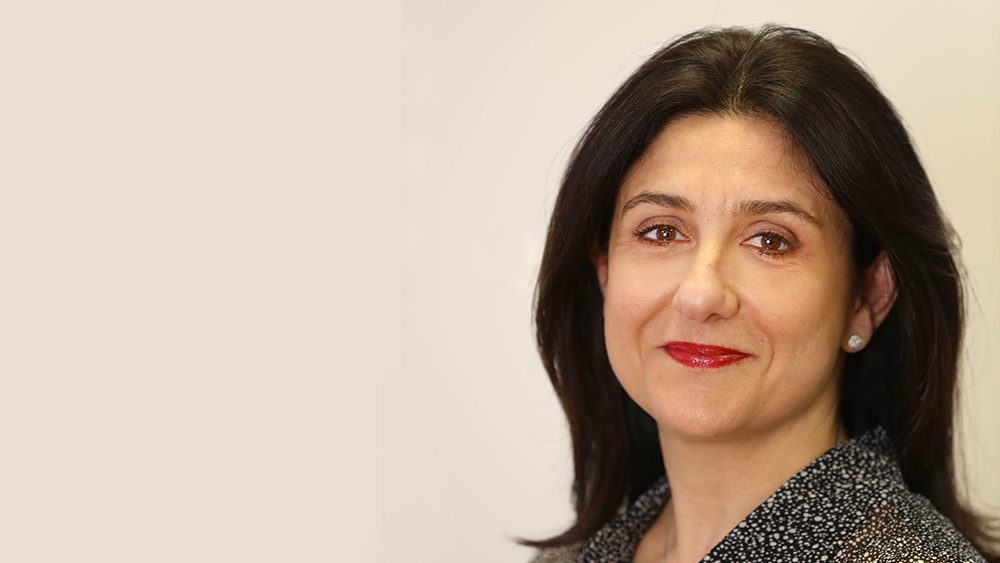Flag carrier ‘cannot disappear’ due to importance for diaspora
"As for those who talk about the disappearance of TAP, I as a specialist cannot support that disappearance, because TAP serves critical destinations for the country," said the CEO of the flag carrier.
The CEO of Portugal’s flag carrier, TAP, has told a parliamentary committee that as an industry expert she cannot “support the disappearance” of the airline because of its importance in serving the Portuguese diaspora communities scattered around the world.
Christine Ourmières-Widener was testifying to a session on Tuesday afternoon of a committee set up by parliament to monitor the implementation of measures to respond to the Covid-19 pandemic and to foster economic and social recovery, which was held in English with the use of a translator.
“As for those who talk about the disappearance of TAP, I as a specialist cannot support that disappearance, because TAP serves critical destinations for the country, not only on the islands [in the Madeira and Azores regions], but in the diaspora spread across the world,” said the CEO, who took up the job in June.
“This is a mission that we want to accomplish in a cost-effective and sustainable way,” Ourmières-Widener said in answer to a question from Cecília Meireles, a member of parliament for the People’s Party (CDS-PP). “This service is part of our nature. We must not forget that we represent communities that are linked to a country by an airline.”
Ourmières-Widener recalled that there is a restructuring plan already being implemented at the company, including measures to reduce costs and increase income, and which she said: “is already giving positive results”.
In her opening submission, the CEO also cited a study carried out at TAP’s request that indicates that the company should have an impact of €10 billion on Portugal’s gross domestic product by 2030.
Her central task is implementing the airline’s restructuring plan, proposed to the European Commission in December last year, but which has yet to receive the definitive green light.


